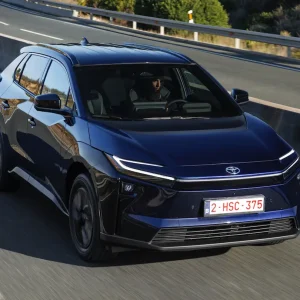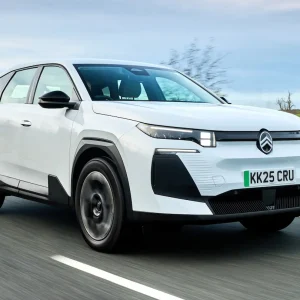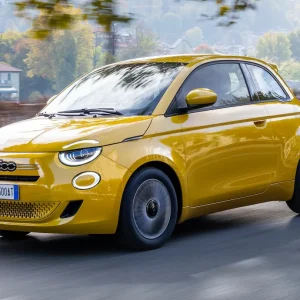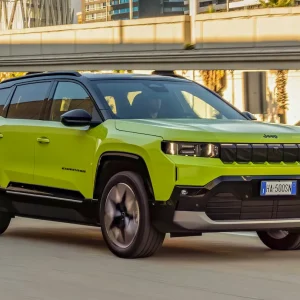It should come as no surprise to you by now that Hyundai produces cars that are more or less competitive with long-established rivals from mainstream brands.
Every model in its range can be chosen on its merits, with some aspects better than equivalent cars from Ford, Vauxhall, Volkswagen, Toyota, and others, while others are not quite there.
Performance focus
Customers in this core of mainstream models are served very well, but recently Hyundai has decided to target drivers that appreciate high performance.
Last year, it introduced the i30 N hatchback, and now a sleeker Fastback has arrived for 2019. On receiving the N treatment, the i30 has undergone extensive chassis revisions as well as upgrades to make it more usable for track days.
Of course, for fleet operators, this wouldn’t be the kind of activity we would condone by drivers using company assets.

But this is all about changing perceptions of the Hyundai brand. It has already succeeded in being accepted as a mainstream marque, successfully shaking off its image as a budget brand 20 to 30 years ago.
If it can produce a credible alternative to cars such as the Volkswagen Golf GTI and Ford Focus ST, it is yet another important milestone for Hyundai.
Powering up
On paper, it starts well, with the i30 Fastback N producing 275hp – higher than the standard Golf GTI and more than the Focus ST.
The Fastback N body’s high rigidity is increased by the optional rear stiffness bar behind the rear seats, as well as by additional weld points in the body structure.
The N logo symbolises a chicane, and the car’s cornering ability is enhanced by the electronic limited slip differential, which reduces the risk of one wheel spinning away
excess power.
It increases the maximum cornering speed through corners from turn-in to early corner acceleration. The Electronic Controlled Suspension (ECS) further adjusts the performance according to requirements during cornering, accelerating and braking.

There are five drive modes – eco, normal, sport, N and N custom – which can be selected by using two dedicated buttons on the steering wheel.
The different modes change the character of the car, adjusting the engine, dampers, electronic stability control, electronic limited slip differential, exhaust sound, steering and ‘rev matching’. The driver can select the rev matching button on the steering wheel to increase the revs on the engine when shifting from a higher to a lower gear.
Making a connection
It is a genuinely emotional experience to drive – when did you ever hear that said about a Hyundai? – and feels like an extension of the driver.
Acceleration, braking, the sounds from the exhaust and the feel through the steering all play their part.
The fastback N is fitted as standard with 19in Pirelli high-performance tyres. None of this seems remotely related to minimising running costs, but for the right organisation and the right employees, it might well be of interest.
In terms of running cost, it is less burdensome than premium saloons , including the new diesel BMW 3 Series.

Company cars have always been about selecting horses for courses, and fleets will choose the most suitable cars for the roles for which they are needed.
For Hyundai, this achievement is significant, and with N Line equipment grades being added to the range – with styling enhancements that echo the N models – it has a genuinely desirable halo model from which to draw kerbside appeal.
Hyundai i30 Fastback N
P11D £29,110
Residual value £9,125
Depreciation £19,986
Fuel £9,210
Service, maintenance and repair £2,970
Cost per mile 53.61p
Fuel consumption 34mpg
CO2 (BIK band) 178g/km (37%)
BIK 20/40% a month £180/£359
Boot space 450 litres
Engine size/power 1,998cc/275hp





